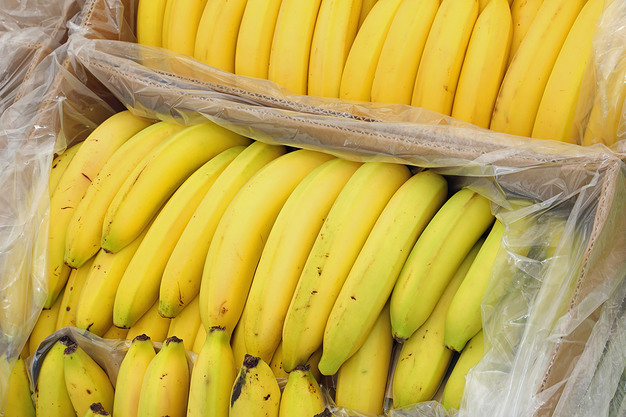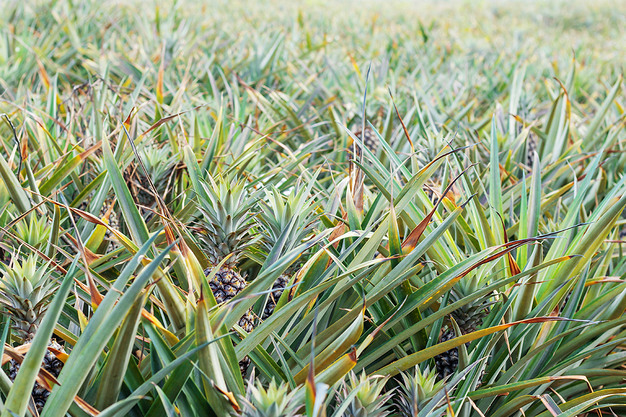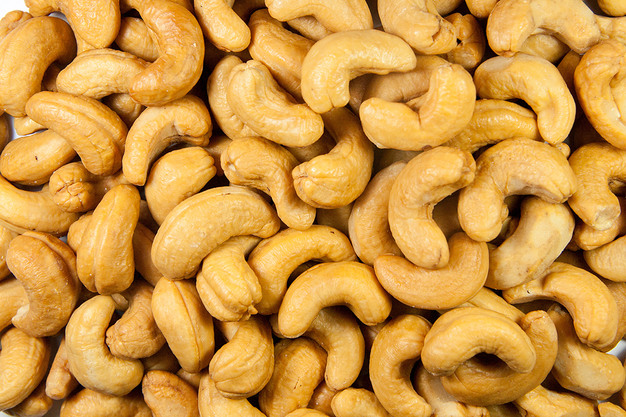As part of a joint event organised by several chambers of industry and commerce and the East Asian Association, three German Business Scouts for Development spoke about their work in relation to new procurement markets for the agricultural and food industry.
"Agriculture plays a very important role in Cambodia's economy," began Christoph Janensch, Business Scout in Cambodia. "In addition to the main products (rice, industrial crops and rubber), there is a wide variety of other products that are relevant for export to Europe: Permanent crops such as bananas, cashews, coconuts, durian, mangoes and other fresh fruit. Organic cultivation is also increasingly an issue. So there are quite a lot of certified organic products here, such as cashew and mango."
"The country is characterised by a variety of beautiful, high-quality products, but these are hardly ever processed in the country itself. Processing often takes place in neighbouring countries. For example, Vietnam processes around 85 per cent of Cambodian cashew nuts. Most of them have certainly eaten cashew nuts from Cambodia without realising it, because they came to the European market via Vietnam," he noted.

Food processing has growth potential
He continued: "Food processing, as I said, still has a lot of growth potential. For the companies that want to process and export food, the main obstacle is access to finance to grow. We have high electricity and logistics costs and customs clearance in Cambodia is still relatively slow and, of course, the EU's requirements are very high." There are also high post-harvest losses in Cambodia due to a lack of refrigeration and proper storage, he added.
In terms of exports, a lot has happened in recent years. "There are some products that have really exploded in exports. Bananas were not exported until 2018. This has increased more than tenfold since then. The main reason is China. No fresh fruit is exported to Europe yet, partly because there are no cold chains here, no storage that would do justice to this. This means that fresh fruit mainly goes to China." There are favourable growing conditions for mangoes and cashews, for example, as well as dried fruits such as mangoes and pineapples.

Need for support services
"Cambodia is dependent on imports for almost all agricultural inputs. China produces machinery more cheaply, i.e. most of the agricultural machinery here is from China. European and German machines are highly regarded, but the purchasing power is not there."
Plant protection products are a sensitive issue in the country, says Janensch. "There are a lot of dubious dealers here." According to him, some of them sell products in Cambodia that are not permitted in the EU. "If the farmers then spray it, it doesn't get through customs. That is a problem. The fact that the farmers don't know exactly how to mix and apply pesticides adds to this," he added.
When it comes to the climate, the lack of water plays a major role. "We have a dry season here that lasts a few months and peaks in April, when it is so hot that even some trees die if they are not watered, such as cashew nut trees. They are dependent on irrigation in certain regions. This is not getting any better. In recent years, you can tell that it's also getting much hotter here."
He sees a particular need for supporting services such as cold chain logistics, as well as health and plant protection inspections and certification. "We have a German certification provider in the country, but there are no laboratories. The samples are sent abroad, and the auditors are often flown in." Certification is also more expensive than in other countries in the region.
Largely untapped market
Cambodia offers a largely untapped market for investments. "In some cases, there is no competition at all for processing. Only ten per cent of these agricultural products are processed in the country, which means that there is great potential for food processing here. By comparison, Thailand processes 80 per cent of its agricultural products."

"We also have a lot of large supermarket chains here, which are very present at least in the capital, where food is very expensive. We have a lot of imports from Europe, from Germany. The packaged food that you buy in supermarkets here is significantly more expensive than in Germany, which means that more and more products that are produced locally, sometimes by SMEs, which are significantly cheaper than what you have to import, are finding their way onto the shelves. It's simply about being able to supply the local market with slightly cheaper products."
There is also potential for organic products. "Cambodia has a low pesticide load in the soil and traditionally tends to be used extensively with little fertiliser. This makes the country very suitable for organic products. The soil here is hardly contaminated. When it comes to packaging, almost everything comes from China." However, the government has created relatively generous investment incentives for corresponding projects.
"Cambodia is very business-friendly, regardless of the sector," emphasised Janensch in conclusion. "We have a very high dollarisation rate here and, as one of the least developed countries, Cambodia has referential market access to the EU, i.e. exports to the EU are expected to be duty-free until 2029."
Photos: Dreamstime
For more information:
Christoph Janensch
+855 (0)85 641 723
[email protected]

Agency for Economy and Development
www.wirtschaft-entwicklung.de
German Society for International Cooperation www.giz.de
www.giz.de
German Business Cambodia
www.adw-cambodia.org
